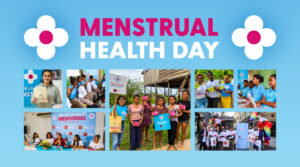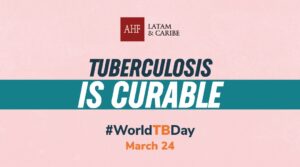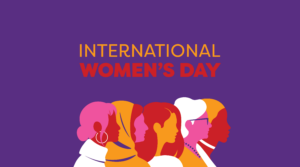The destruction of the health infrastructure and the massive interruption of health services make up the panorama of Ukraine, a country that has been at war with Russia since February 24. In the midst of this situation, sexual and reproductive health services have been severely affected.
In this context, the team of the United Nations Population Fund (UNFPA) must work, whose mission, he explains, is that each pregnancy is wanted, that each delivery is risk-free and that each young person achieves its full development.
Panorama disrupted by war
The UNFPA representative in Ukraine, Jaime Nadal, explained, in an interview with the Aidsmap.com portal, that the situation in cities like Kharkiv, Poltava, Izyum and Balakliya is desperate. “Health facilities are completely destroyed. The investment that will be required to rebuild what was there just a few months ago will be enormous,” he commented.
He also clarified that before the war, Ukraine was relatively well in terms of sexual and reproductive health, much like its neighboring countries. But today, when talking to the medical, nursing, and ambulance and mobile unit staff that UNFPA has set up, they report that there are women with serious nutritional problems, anemia, and no access to basic hygiene products.
Women arrive at hospitals in dire conditions, physically exhausted and emotionally drained after so many months of war, and that has an impact. “Doctors tell us that the number of miscarriages has increased,” Nadal said. “The number of complicated deliveries and emergency obstetric procedures they have performed has also increased.”
Strategies to optimize aid
According to the UN official, health workers “are true heroes” as they have continued to provide services even in the midst of bombing, so they do not believe it is necessary to bring specialists from abroad. On the other hand, supplies are in short supply, so UNFPA has focused on that.
Thus, the international organization is focusing its efforts on two issues. The first of these is sexual and reproductive health, so they focus on providing supplies, services and guaranteeing access. “We try to make sure that birthing centers have all the supplies they need to continue to be functional,” considering that manufacturing capacity and supply chains have been severely disrupted in the country.
The second topic of interest is gender-based violence, for which kits have been provided for the clinical management of rape, which contain preventive treatments for sexual infections (called post-exposure prophylaxis) and emergency contraception, as well as the equipment that would be used in case a small reconstructive surgery is required.
Services for those who have been victims of rape focus on women of reproductive age, but they have also had to attend to cases of girls and elderly women. The services, Jaime Nadal emphasized, are open to all people who have experienced sexual violence, including men.
It is also important for UNFPA to provide contraceptives so that women can plan their pregnancies, since “an unplanned pregnancy in a context like this can involve a life-threatening situation,” she said.
On the other hand, the agency is implementing mobile units that are linked to perinatal centers, and that travel to areas of difficult access. At the moment, there are only four mobile units, but it is expected that they will reach 30 units.
Fundamental rights
Sexual and reproductive health is a right of all people, which is why various organizations join efforts to guarantee its access to those who need it. At AHF Latin America and the Caribbean we also work for sexual health, especially to bring HIV services to the entire population. If you want to get a free HIV test or find out about our services, locate our offices in your country.






